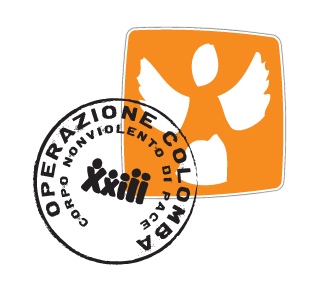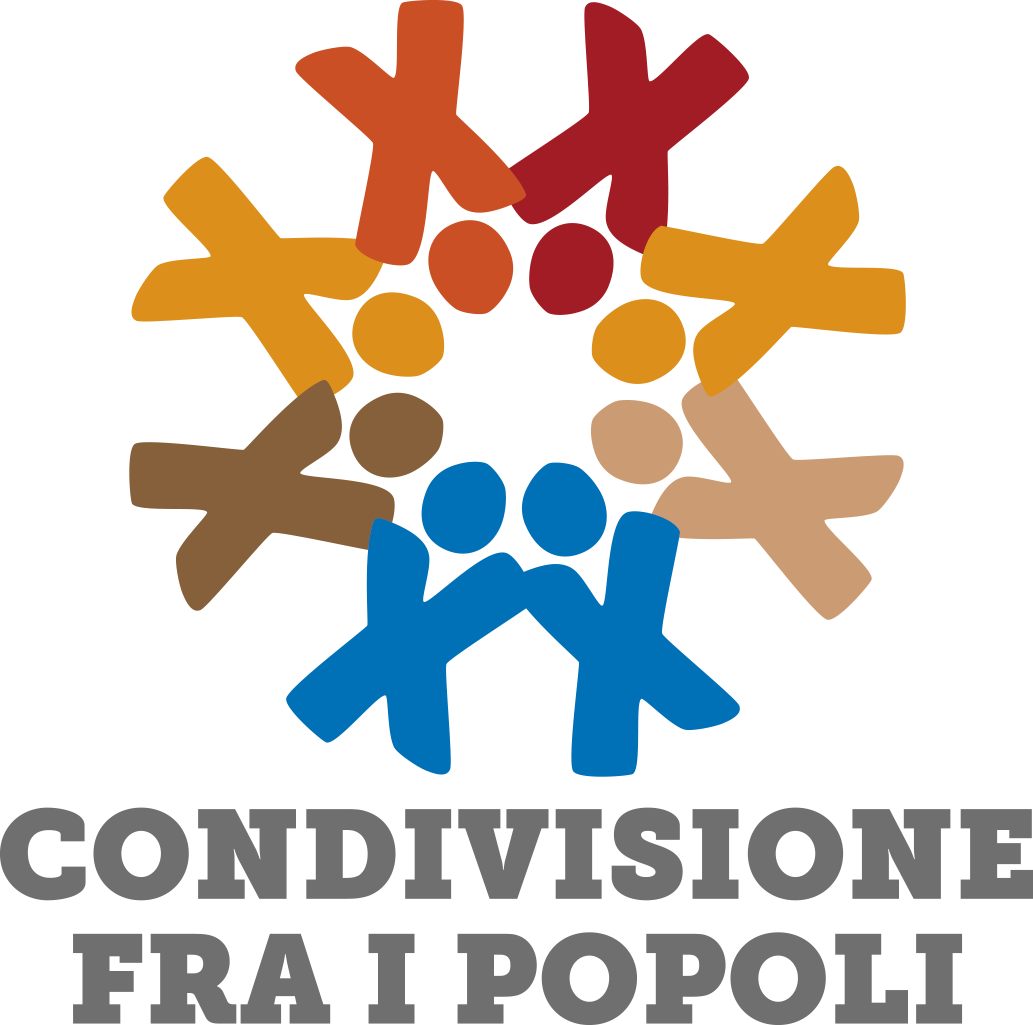South Hebron Hills - Demolitions
It’s a day like any other. After the breakfast around the fire, Aissa runs away with the backpack on his shoulders. He is lively as usual. Like every morning, he has the gift of gab and his voice keeps other children company in their way to school.
The bell is ringing. Aissa joins with his classmates in the classroom. Holding a pen, ready to follow the lesson, he smiles at the teacher. His legs are struggling to stay still, dangling from a chair too high for his small stature.
Once the lessons ended, Aissa runs home, already looking forward his freedom during the afternoon.
But what awaits him that day is sadly different from usual.
His shining eyes leave space to a lost look, confused. His backpack falls down from his shoulder.
His house is gone. And in its place, a heap of rubble.
The child leans over the debris and starts to pick up the few toys still intact. His sister takes him by the hand. “Come Aissa, you’ll be angry”. His mother reaches them. They all sit down to eat among the ruins, as to continue their daily life, now broken.
The mother tells her child what happened in the morning.
How sad it is that a child must suffer for all this. And how sad is reading on his face that these stories are the norm for him.
The bulldozer has taken them by surprise. Just a few minutes to try to save their goods and the house, built brick after brick, was demolished. The cousin of Aissa tried to stop the demolition, to stop that atrocity. There was nothing to do. The soldiers handcuffed him and took him violently inside the jeep. The mother of Aissa held him by the arms desperately, but brutally a soldier took her away.
“And now?” the child asks.
His mother looks at him with kindness.
This night they will all sleep inside the cave. But tomorrow is another day, and while Aissa will go to school, his brothers, after work, will start to build a new house.
“It will be more beautiful, you will see” his mother whispers to make him smile.
After the Oslo Agreements, the West Bank has been divided into Area A, B and C.
Area C constitutes about 61% of the territory, where Israel has full jurisdiction, both civilian and military.
The first significant consequence is that Palestinians have to obtain permits from the Israeli Civil Administration in order to build in the area. These permits are hardly granted, hindering and preventing the development of adequate housing, infrastructures and livelihoods for communities.
Given no choice, Palestinians are force to build without authorization. Hence, these buildings are regularly subject to demolition orders, leaving families in a state of uncertainty and under a constant threat that their houses will be demolished by the Israeli authorities.
According to data provided by B’Tselem, from 2006 until 30 April 2020, Israel demolished at least 1.552 Palestinian residential units in the West Bank (excluding East Jerusalem), leaving 6780 people homeless, including 3403 children.


 OPERAZIONE COLOMBA
OPERAZIONE COLOMBA
